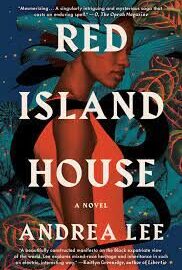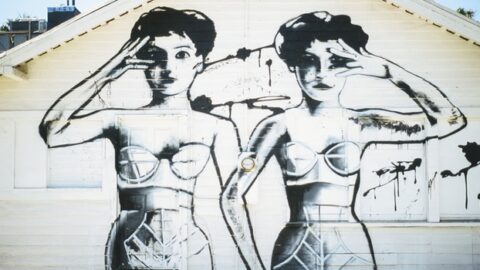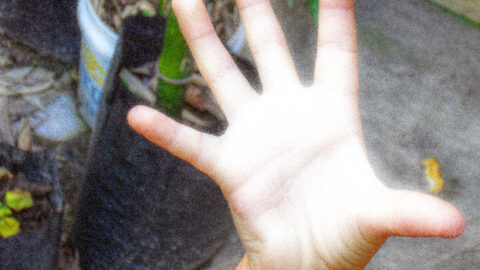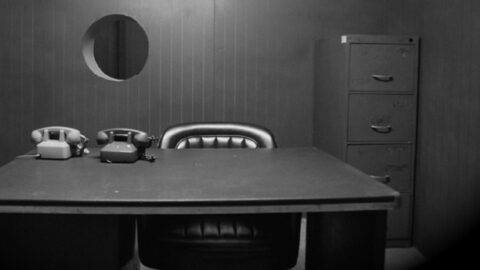Jessica Bell’s Memoir “Dear Reflection”: Self-Discovery Amidst a Dysfunctional Family
On the surface Jessica Bell’s life seems like an envious one, being born into a house of indie rockers and growing up to become a writer, publisher and artist. But a closer look at her life, at least the one that she offers readers in her memoir “Dear Reflection: I Never Meant to be a Rebel” (Vine Leaves Press, 2017), reveals it to be one big fucking mess (to put it lightly).
A Tale of Two Flâneuses: We want more history and less Lauren Elkin
Flâneuse: Women Walk the City in Paris, New York, Tokyo, Venice and London by Lauren Elkin (Farrar, Straus and Giroux 2016) is an uneven read that delights and also disappoints.
The problem is, there are two books trying to exist here, but neither has been given enough time or attention. History-Flâneuse tackles the concept of a flâneur: a wanderer, city-walker, bohemian, and man of leisure. (In French, this word was created in the masculine form, thus the concept has exclusively described men who live a dharma-bum lifestyle. Flâneuse is the female form and Elkin is trying to make Flâneuse happen.) Memoir-Flâneuse retells a few uninspiring stories of romantic relationships gone awry set in various cities of the world.
Literature and the Darkest Desires of Girls
As far as I’m concerned, the two most addictive reads to come out of Summer 2016 are: the novel The Girls by Emma Cline (Random House, June 2016) and the memoir Land of Enchantment by Leigh Stein (Plume, August 2016).
The Panic of Writing
I’m halfway through a three-week writing retreat at the foot of the Blue Ridge Mountains in Virginia, and what has occurred to me over and over is how little time I build writing into my daily life, how haphazard it is, an afterthought, something I too easily cast aside.
Getting Lost
I’ve been getting lost lately. I’m forty now; getting mixed up and turned around isn’t a problem I recall having as a twenty-something. It began one day in my late thirties when I went for a walk by myself in the subdivision where my brother lives with his family. Only the day before, I’d gone for a run with my seven-year-old niece, who rode her bike. She suggested we head to the back side of the subdivision, where I’d never been before. She was confident we wouldn’t get lost. I followed her, and as she promised, we made it safely back without incident. I thought I’d paid attention to the path she took.
My Murderous Heart
Last year, I wrote a confessional essay in honor of the 2015 Lenten season about a time I nearly killed my ex-husband. It was recently published in The Cresset. Several of my friends read it, discovering that, at one time, I’d had a murderous heart. You never know, of course, if anyone will read your work or if it will go unnoticed. I had hoped for oblivion for this one mainly because it was difficult to know how friends and colleagues would react. I do a tolerable job of helping others think I’m homespun, normal—I think we all do this. It helps us gloss over the messiness of life and makes day-to-day interactions easier.
What Doesn’t Kill You Makes Someone Else Stronger
The Memoir Writer Under Interrogation
I like watching true-life whodunnits. I’m particularly fond of NBC’s Dateline. It’s my secret lowbrow television pleasure (along with Say Yes to the Dress, but that’s for another post). In general I like hearing other people’s stories. But with true-life crime you spend an hour learning about a bizarre, hideous murder of an often unusually endearing person in some part of the country very far from where you live. I guess the secret dirty pleasure part comes in because watching true-life murder mysteries are a sort of cathartic experience: my life isn’t as bad as that person’s. At least someone didn’t kill me. Nor have I been accused of murder.
The part of the show that most piques my interest happens when police investigators haul the suspect into the interrogation room. The scenes are high anxiety as investigators try to buddy up with the suspect and get definitive proof while the suspect tries to evade the truth and not give herself away. Secret camera video footage often captures a person out-of-sorts, divided between herself and what she’s done. I can relate.
A Writer’s Confession
I don’t believe in writer’s block. If I can’t write, I go out and live. Then, if I’m a writer, I’ll find something to write.” –Peter Arpesella
Confession: as someone who writes memoir, I often get sick of myself. For several years I’ve been working on the same project—growing up in poverty with a closeted homosexual single mother—first as a graduate student in an MFA program and now as a writing professor at a small liberal arts college, where tenure in part depends on publication. I’m on the third and, hopefully, final draft.
This summer, I spent my break rearranging, rewriting, and recreating. By the end I was saturated once again with the sticky, cloying oil of my past. It coated everything. Every time I licked my lips, I tasted it. Every time I sat with my laptop to write, I smelled it, scorched and dark. My skin was thick with it, my vision blurred; sounds were distorted. Immersed in that world for months at a time, my sense of who I am now—writer, wife, teacher—begins to waver as though my adult self were only a mirage shimmering in the foreground of my past. That’s when the words get stopped up and I don’t want to write. Often, I take a vacation from myself, from writing.











